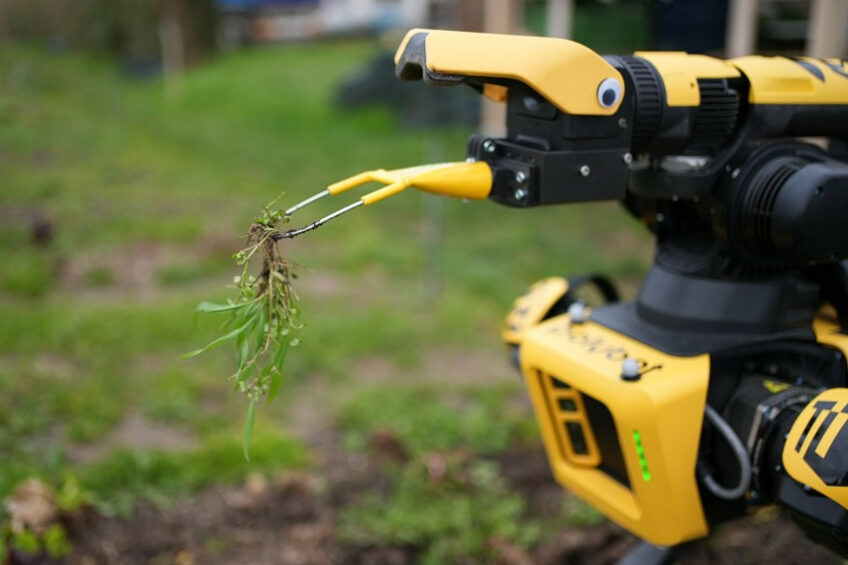Polybot project receives €220,000 to develop AI-powered harvesting robot

German research team prepares to launch startup focused on autonomous crop harvesting and weeding.
The team behind Polybot, a multifunctional AI-driven agricultural robot, has secured a €220,000 validation grant from Germany’s Federal Agency for Breakthrough Innovation (SPRIND). The funding supports the transition from research to commercialization, with the goal of launching a startup in the coming months.
Polybot, developed by researchers at the ELLIS Institute Tübingen, the Tübingen AI Center, and the Max Planck Institute for Intelligent Systems, is designed to automate tasks such as harvesting fine vegetables, weeding, and pruning, while learning new actions directly from farmer demonstrations.
Focus on fine vegetable harvesting
During the current seven-month validation phase, the project team is testing Polybot’s capabilities in harvesting labor-intensive crops such as leafy greens and small vegetables. The robot uses advanced 3D perception and reinforcement learning to operate precisely in unstructured outdoor environments.
Unlike pre-programmed machines, Polybot can adapt to new tasks through demonstration, making it potentially more flexible for use on diversified vegetable farms. This approach could make automation economically viable for crop types that were previously too delicate or varied to automate.
From lab to field – and then to market
The SPRIND grant includes not only funding but also mentoring, business development support, and access to investors. In April 2025, the team will present its concept to more than 300 investors at the Venture SPRIND event in Berlin.
If successful, the initiative could lead to a commercial robotics solution tailored to specialty crops, addressing both labor shortages and the need for more sustainable production methods.
Join 17,000+ subscribers
Subscribe to our newsletter to stay updated about all the need-to-know content in the agricultural sector, two times a week.



